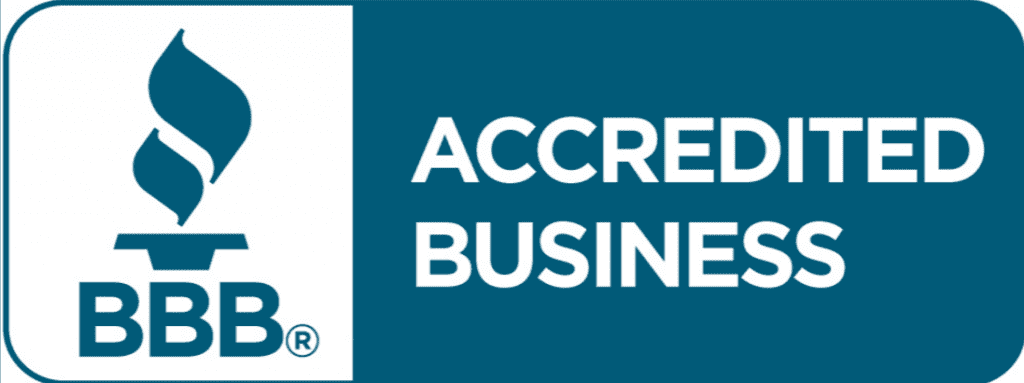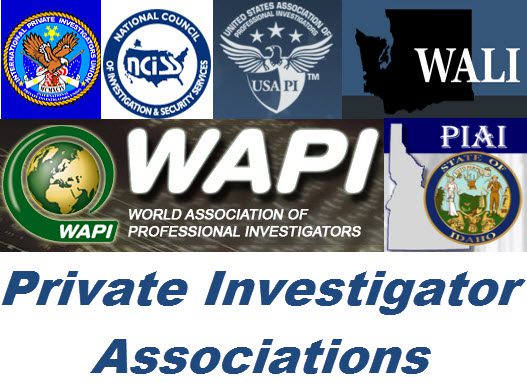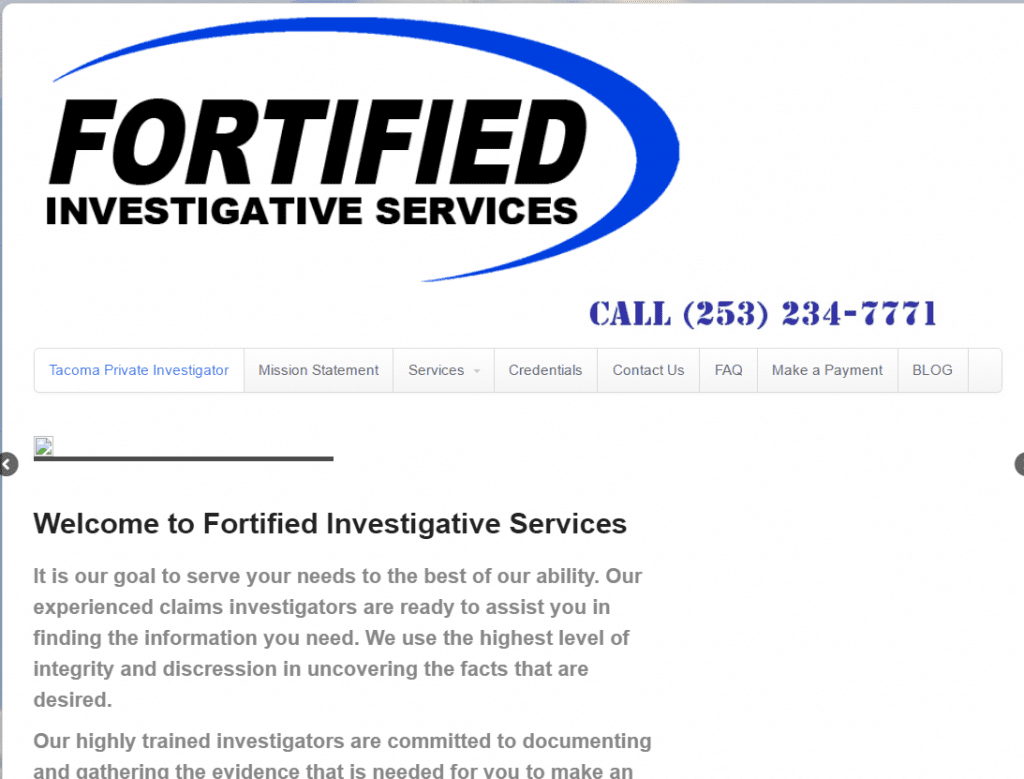It is difficult for someone who feels as though they might need the services of a private investigator to choose the right one without feeling as though they have made the wrong choice. Either the investigator is too expensive, or maybe the investigator doesn’t really know what they are doing.
I hope after reading this you will be able to make an informed and educated decision when choosing a private investigator.
One thing you need to understand is that regardless of how good the private investigator is that you are hiring, the results are not guaranteed. A background check might not uncover everything (for various reasons) about that person. A surveillance of your spouse might not show them cheating (even though you know they are). So when you receive the results you might be upset because they got the information you were looking (example: caught your spouse cheating) for or upset because they didn’t (example: you spend a lot of money and couldn’t prove they were cheating).
Contents
- 1 Here are 17 Things You Should Look for or Consider when Hiring a Private Investigator:
- 2 1. Determine if they are licensed to work as a private investigator.
- 3 2.) Does the investigator carry error an omissions insurance or a bond?
- 4 3.) Determine if the company is part of the Better Business Bureau.
- 5 4.) Determine what the company specializes in.
- 6 5.) Has the company or the investigator ever conducted the kind of work that you are asking them to conduct?
- 7 6.) Are they interviewing you?
- 8 7.) Set a budget and agree on the pricing terms.
- 9 8.) Define the objectives for your private investigator.
- 10 9.) Don’t hire a private investigator off of Craigslist.
- 11 10.) Have a contract.
- 12 11.) Determine if they belong to any associations.
- 13 12.) Contact an association to find a private investigator.
- 14 13.) Meet the investigator in person.
- 15 14.) Do they have a website?
- 16 15.) Do they have any references?
- 17 16.) Consider hiring an investigator that is from the area you want work conducted in.
- 18 17.) Don’t ask them to do anything illegal.
- 19 YOU PICK AN INVESTIGATOR
- 20 After you decided on a private investigator the following should happen in some manner:
- 21 1. Consultation
- 22 2.) Plan of Action or Send You to Someone Else.
- 23 3.) Provide information to the investigator.
- 24 4.) Sign a Contract.
- 25 5.) The investigator begins the assignment.
Here are 17 Things You Should Look for or Consider when Hiring a Private Investigator:
1. Determine if they are licensed to work as a private investigator.
This might not be the first thing you do but it should be on the list of things to check before hiring any private investigator. You will have to check the governing authority in your state or country to determine if the investigator is actually licensed to do the work. In the United States, the license number should be on their website or they should provide it to you.
In the state of Washington, a private investigator must have a private investigation agency license, a business license and an individual investigator license required for a business owner.
2.) Does the investigator carry error an omissions insurance or a bond?
In the state of Washington investigative agencies are required to either be bonded or carry Errors and Omissions Insurance. In Washington state a private investigator’s insurance is connected to their license. If you don’t have insurance or a bond you can’t have an agency license.
3.) Determine if the company is part of the Better Business Bureau.
If they are, see what others have to say about the company you are considering. You can find the Better Business Bureau at www.bbb.org.

4.) Determine what the company specializes in.
Many companies will say they are capable of doing numerous different types of assignments. And this may be true, but what they won’t say is how good they are at each type of assignment.
A company that works the same types of assignments frequently are typically very good and efficient for those types of assignments.
5.) Has the company or the investigator ever conducted the kind of work that you are asking them to conduct?
If they have never conducted the type of work you are considering them to work it is not an automatic deal breaker. A good surveillance investigator should be able to handle most surveillance requests. Just because he does a lot of insurance work doesn’t mean the investigator can’t follow your spouse.
6.) Are they interviewing you?
Sometimes you might be asking for something illegal and you wouldn’t necessarily know it. Sometimes what you are asking for might not be in your best interest. Be wary of the investigator who doesn’t spend some time digging deeper into why you are hiring him.
I say this because many times after I spend time on the phone with potential clients and I actually end up talking them out of a private investigator. After explaining the cost, logistics, a different perspective, what they can expect or not expect, or what they might not have considered I usually save my clients money.
7.) Set a budget and agree on the pricing terms.

Set a budget and determine what you will get for the amount you are willing to spend. This can set expectations for you and the investigator as to what can be done.
The budget can expand at any time if your investigator agrees to continue to work the file.
As for the pricing investigators have all kinds of different things they charge for. Some charge for mileage and some don’t. Some charge for specific reports and some don’t. Every investigator will charge for their time differently. Whatever the pricing make sure it is very clear and documented.
Example: I charge typically between $50 and $60 an hour for surveillance. For $480 you will get 8 hours of surveillance from me. You know that is how much of my time you will get for a surveillance.
8.) Define the objectives for your private investigator.
Having objectives makes it much easier for your private investigator to schedule a time to work your assignment and make sure they stay on task.
If you want a spouse followed because you are wanting to know if they are being unfaithful then explain when you want them followed and how long you want them followed each time. These are guidelines for your investigator to follow.
After you have defined what you want to be done ask them how they plan on accomplishing tasks. Is what you’re asking them to do legal? Is there anything illegal they are going to do to get the information? If they are pursuing information in a way that is illegal then you don’t want to hire this investigator.
9.) Don’t hire a private investigator off of Craigslist.
I know many investigators advertise on Craigslist. And many fake investigators do as well. There is no reason why you can’t find a private investigator by searching for “Private Investigator in (your city)”. My personal recommendation is to avoid Craigslist and other websites of this nature.
10.) Have a contract.
In a contract, you can have the terms written out very clearly in regards to the work that is to be done. This can include the objectives (previously discuss), what you will be paying per hour, if you will be paying any expenses, if there will be a retainer, and expectations, etc.. This will hopefully provide some protection to you should the investigator not perform the job you agreed upon and not return your money.
11.) Determine if they belong to any associations.
Ask the investigator if they belong to any associations. If they do, reach out to the association to confirm it and also to ask if they know anything about the investigator you are considering hiring.

12.) Contact an association to find a private investigator.
This actually happens quite a bit with investigators looking for other investigators when they need help in other states. And like I said in #11, you can find out who does a good job and who has a good reputation.
13.) Meet the investigator in person.
Meeting you in person to vet you should be something your investigator is trying to do anyways. But if they don’t then you ask to meet them. If they have an office then meet them there. If they don’t have a public office then meet them in a public place. This will give you a chance to size them up and determine if they are the right investigator for you.
14.) Do they have a website?

Just because a private investigator has a website doesn’t mean they are a good private investigator. But having a website is an indicator that they care about their business enough to represent themselves through a website. If they don’t have a website I would wonder why they don’t and probably wouldn’t consider hiring them.
15.) Do they have any references?
Sometimes investigators do such great work that their customers are willing to be referenced for the investigator or the company. Customer references are one thing you can ask for but isn’t always something you can trust completely.
16.) Consider hiring an investigator that is from the area you want work conducted in.
This is not a requirement to follow 100 percent but investigators that work around their hometowns know the area better when it comes to getting information or following someone on surveillance. When I work a surveillance in my town or surrounding towns I feel very comfortable in anticipating traffic conditions and knowing what is around the area which always helps me perform better during a surveillance. Also if a private investigator is charging for travel then choosing a private investigator closer to the assignment will save you money.
17.) Don’t ask them to do anything illegal.
Finally, don’t ask the private investigator to do anything illegal. If you do, a good private investigator will tell you that they can not do that task. If you ask them to do something you know is illegal and they agree to it then you should pass on that investigator. You want a private investigator with the highest integrity and agreeing to break the law is a sign that the investigator should not be doing work on your behalf.
YOU PICK AN INVESTIGATOR
After you decided on a private investigator the following should happen in some manner:
1. Consultation
As previously discussed you will go over objectives, rates, availability of the investigator to do the work you require, and budget for the work to be done.

2.) Plan of Action or Send You to Someone Else.
If the investigator can do the work you want then things will move forward. If not then they will either refer you to someone else or not accept the file at all.
If the plan of action is discussed the investigator will discuss expectations with you, when they are available to do the work, how long it might take to complete, and how the work will be completed. This should be a good conversation so you both understand each other as to what the expectations are.
3.) Provide information to the investigator.
This is the point where you provide the information that the investigator will need to move forward with the assignment. This can range from a variety of things including dates of birth, address, vehicle, documents, personal history with the subject and more.
4.) Sign a Contract.
The contract should have all the objectives, the purpose of the assignment, the budget, the retainer deposit amount, rates, possible dates and anything else relevant to the assignment. Typically a retainer is needed before any work will begin.
5.) The investigator begins the assignment.
The investigator will then begin the assignment based on the expectations and conversations you have had with the investigator (as well as what is detailed in the contract).
There should be dialogue with the investigator throughout the time the investigator is working for you. You may want this in the contract as well to make sure they update you in a timely manner with what work is taking place. Make sure the investigator contacts you in a way that you prefer (text, email, phone).
At such point where the budget is exhausted or the objectives are completed, the assignment with either come to an end or it will continue. You should receive a final report with efforts conducted as well as a billing statement or invoice showing what was done (hours worked, dates worked, ect…).
I wish you luck and hope you find the right investigator for the work you need to be done.
You are welcome to ask more questions should you have any in the comments and I will do the best I can to answer them.
Andrew
Recent Posts
Hawaii is probably one of the most interesting states to work as a private investigator if you are not used to the culture or a native of the state. And if you are not a local, that is something...
How to become a private investigator in Georgia
